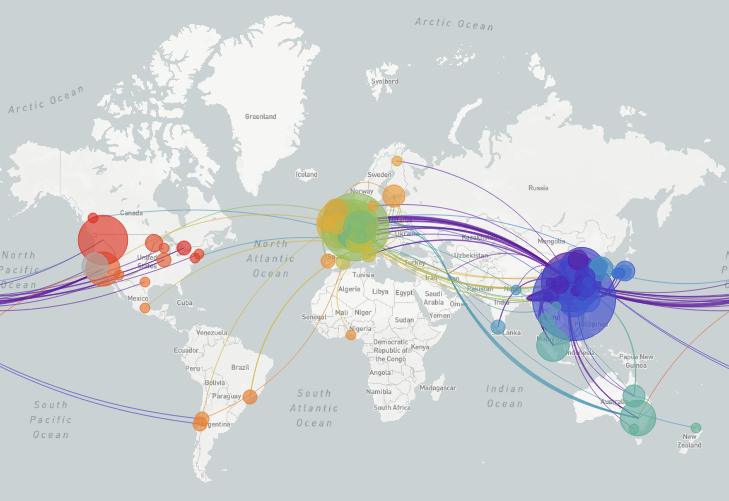Viruses such as coronavirus usually affect humans by jumping from an animal to humans by mutating itself to match human cell process. Larger animals like us, humans take millions of years. The novel coronavirus is mutating slower than seasonal flu virus, points data.
It is important to know how and which gene is mutating frequently so that it helps in designing drugs. Change on viruses is linked to the extent of outbreaks, changes in a location can tell us how many outbreaks is existing in a community, this helps in public health admins contain the outbreak.

For this, it is imperative that a virus genome is sequenced first. Back in January, China soon sequenced it and released it globally helping all research. According to Niema Moshiri, a bioinformatician from the University of California, San Deigo, in his piece in The Conversation says, sequencing is a "routine part of viral point of care" and as it gets cheaper, sequencing would be more frequent.
What is a genetic sequence?

Moshiri says that genetic material is a sequence of letters, which change over time. Changes that happen in a particular virus would be inherited by all virus copies of the future. Scientists have developed many models to find out the sequence of evolution to study these viruses.
There are global initiatives to share the genomic data as it changes geographically so that researchers can get the evolutionary history of the virus. 'Nextstrain' is one such open-source project on the pathogen's real-time genome data.
Based on data collected by Nextrain, SARS-CoV-2 (novel coronavirus) mutates slowly than seasonal flu, writes Moshiri. The novel coronavirus seems to be mutating at the rate of fewer than 25 mutations per year, while seasonal flu is mutating at the rate of 50 mutations per year. This shows us that because the virus causing seasonal flu is mutating so quick makes it evade vaccines we make, slow mutation rate would mean, a vaccine for coronavirus causing COVID-19 would hopefully last longer.









